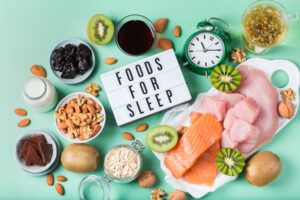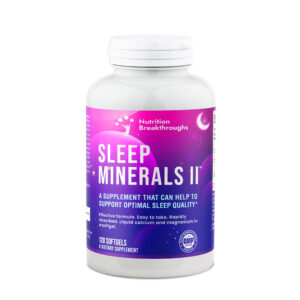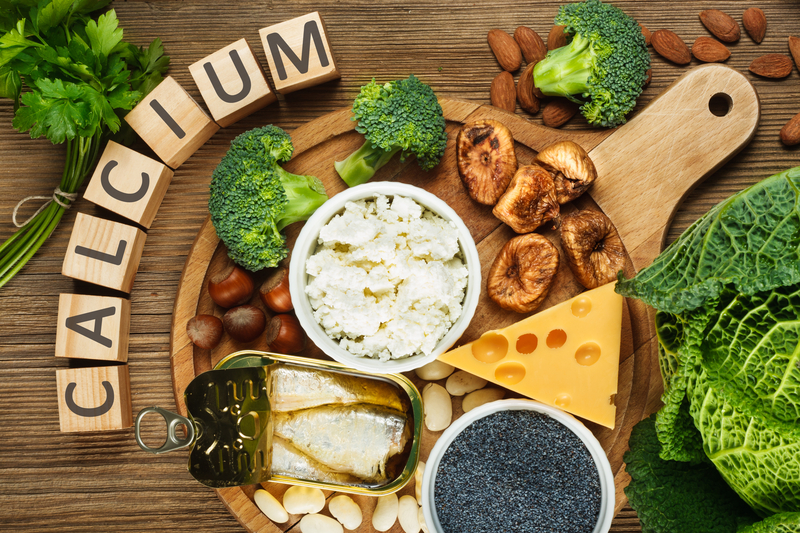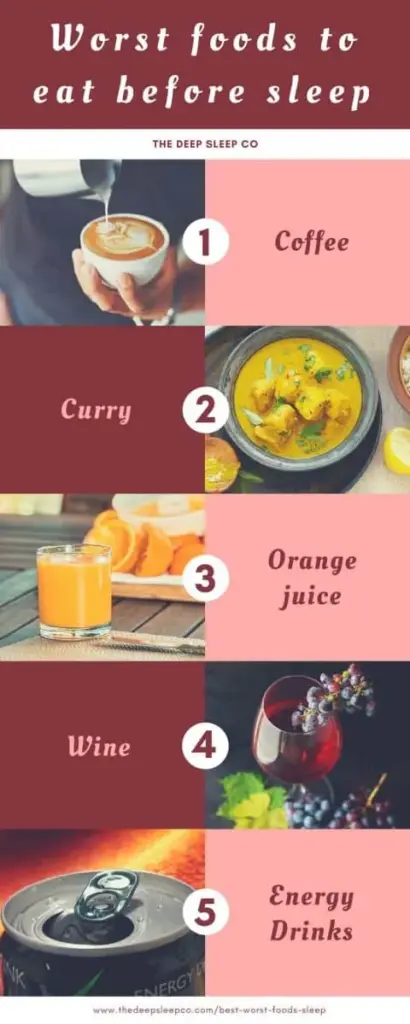 Shared with you by Nutrition Breakthroughs, maker of Sleep Minerals II
Shared with you by Nutrition Breakthroughs, maker of Sleep Minerals II
By Susan Doktor
Setting Yourself up for the Perfect Night’s Rest
Dozens of choices we make during each day influence how well we sleep during the night. Scientists have studied how the foods we eat and supplements we take – from magnesium to vitamin C – can change the health of our breathing, body chemistry, and more.
Some activities, like exercise, both relax us at night and give us more energy during the day to enjoy the things we love. The mechanisms by which our habits contribute to a good night’s rest are sometimes complex and sometimes easy-to-understand, but understanding them is important to our health.
Thankfully, many sleep-improving practices don’t cost a dime. Keeping a positive outlook, adhering to consistent bedtime rituals, and controlling the light in our sleep spaces can each help you sleep better. But others do require a significant investment. The mattress you sleep on is one example. Finding the best mattress for your body – and getting a better night’s sleep – depends on several factors. Let’s take a look at some of them.
What is Sleep Hygiene?
Sleep hygiene is defined as those various practices and habits that help with good sleep quality at night and having good energy levels during the day. This includes:
* Getting some exercise. Even a daily walk has been proven to help with better sleep according to studies from the University of Arizona.
*Avoiding caffeine or stimulants late in the day.
*Keeping the bedroom dark and cool.
*Eating foods that help improve sleep and avoiding ones that can upset the stomach.
*Limiting the use of computers and cell phones for an hour or two before bedtime.
*Having a comfortable mattress and pillows.
Dollars and Sleep Sense
Mattresses are made from a wide range of materials and some are constructed using several components. Depending on the type of mattress you choose, supplementary equipment like a box spring may be part of the equation. But no matter what type of mattress you select, it will take a bite out of your budget. Even a low-end mattress and foundation will set you back a few hundred dollars. And mattress prices in the thousands are quite common.
Experts differ on how regularly mattresses should be replaced, but the consensus is that the average lifespan of a mattress is seven to ten years. If you follow these recommendations, you’ll own several during your lifetime.
If sleep hygiene is a priority for you, buying the best, most durable mattress you can afford may be a sensible decision.
Mattress Material Differences
The most common materials used to create the soft part of a mattress are latex and synthetic foam. Cotton and wool often accompany those elements to add both padding and breathability.
The inner workings of a mattress are typically covered by an outer layer, known as ticking, made from polyester or cotton. Inner springs, which may or may not be part of the mattress you choose, are made of steel.
All of these parts can wear out over time. Hybrid mattresses, which proponents say offer the best of both worlds in terms of comfort, are becoming increasingly popular. But they can also be subject to wear in more places.
If you’re shopping for a mattress, be sure you consider the manufacturers warranties carefully. Some mattress warranties only protect you in the case of obvious manufacturing defects. Others guarantee the specific performance of your mattress over time and will provide you with a replacement if your mattress develops serious indentations.
How Do You Define Comfortable?
And, for that matter, if you sleep alongside someone else, how does he or she define it? (Mattresses that adjust on each side to address two sleep partners’ preferences have solved a lot of problems.) A mattress that feels too hard or soft to you when you try it is unlikely to convince you that it will give you a good night’s sleep. And yet, specific mattresses are recommended – or not recommended – to help manage certain sleep issues.
A firm or medium-firm mattress may help relieve symptoms for people who suffer from back pain. Firm mattresses are also recommended for people who are carrying a lot of excess weight.
Memory foam mattresses may help those who suffer from chronic joint pain because they create fewer pressure points. However, “hot sleepers” may want to avoid memory foam, because it responds to heat and traps it. Memory foam conforms closely to your body.
Mattress experts point out that many mattress buyers tend to make a choice based on what feels familiar to them, rather than what may be therapeutic. But it takes time to adjust to any new mattress, even if you choose one because it’s the same kind as your old one. The point is that if a firmer or softer mattress is recommended to you to alleviate chronic pain, chances are good that you will get used to it.
Try Before You Buy?
Not long ago, people bought mattresses locally at brick-and-mortar stores. Now it’s estimated that 45% of mattress purchases are made online. Many online mattress retailers offer trial periods of a year or more to help consumers overcome their reluctance buy a mattress sight unseen, or more accurately, “touch not felt.”
Buying a mattress online can be less expensive and more convenient. Mattress company websites often provide some basic mattress education.
Health and Environmental Considerations
If environmental safety is a priority for you, you should be aware that some of the materials used in mattress construction, including polyurethane (a synthetic petroleum-based material), flame retardants, and other plastics, have been demonstrated to release Volatile Organic Compounds (VOCs) into the atmosphere.
Body heat appears to increase the amount VOCs emitted. Scientists are not raising alarms generally about the VOC levels mattresses produce, but they note that children may be at greater risk for the health problems associated with VOCs. These include headaches, ear, nose, and throat irritation and, with some compounds, cancer.
Safer mattress materials include regular or organic cotton (for the padding and wrapping), untreated organic wool, and natural latex which comes from rubber trees. Mattresses with these materials don’t generally contain toxic flame retardants and harsh chemicals.
The usual latex used in mattresses is a petroleum-based rubber that has stronger odors and emissions. Organic wool is one material that naturally resists mildew and mites and is also a natural flame retardant.
If you’re buying a new mattress, another way you can contribute to a safer environment is to recycle your old one. A whole mattress takes up a lot of space at the landfill and that’s where some 20 million of them go each year. But a mattress’s component materials, including latex, cotton, and steel, are recyclable. There are some 50 mattress recycling firms operating today so before you haul your old mattress to the curb, consider contacting one.
This natural health news is shared by Nutrition Breakthroughs, a publisher of nutrition news and supplier of natural remedies since 2002. Nutrition Breakthroughs makes Sleep Minerals II, the effective natural sleep aid with calcium, magnesium, vitamin D and zinc.
Author bio:
Susan Doktor is a journalist and business strategist from New York City. She writes guest blogs internationally on a wide range of topics, including health, finance, technology, and consumer products.
A firm or medium-firm mattress may help relieve symptoms for people who suffer from back pain. Firm mattresses are also recommended for people who are carrying a lot of excess weight. Memory foam mattresses may help those who suffer from chronic joint pain because these create fewer pressure points.
Safer mattress materials include regular or organic cotton (for the padding and wrapping), untreated organic wool, and natural latex which comes from rubber trees. Mattresses with these materials don’t generally contain toxic flame retardants and harsh chemicals.














